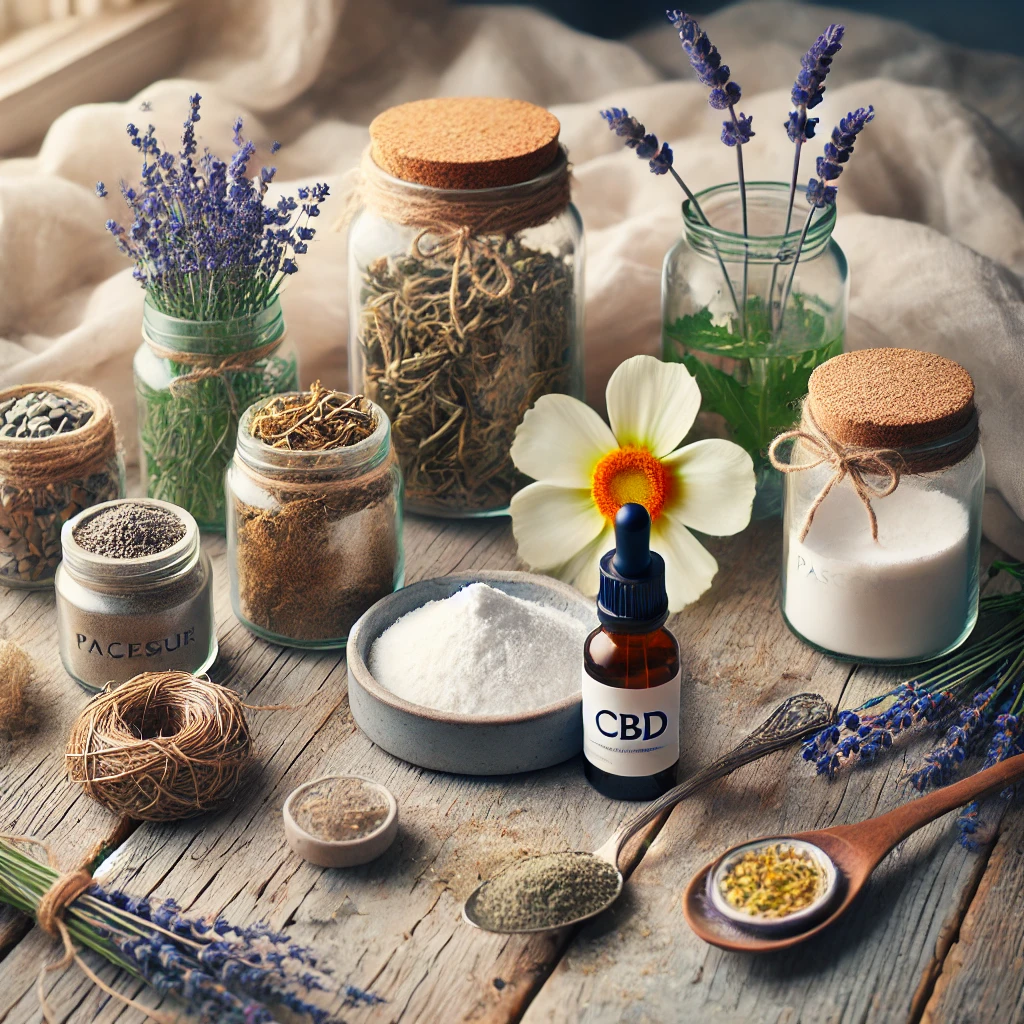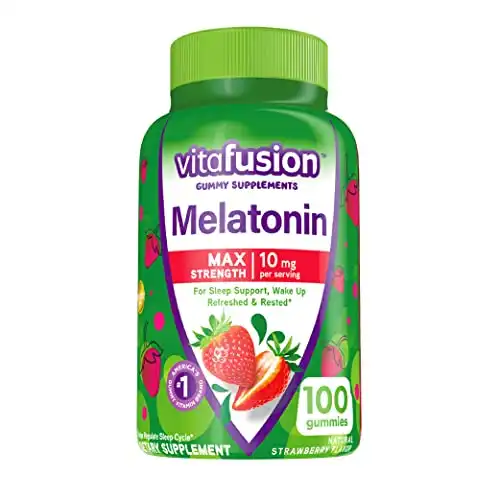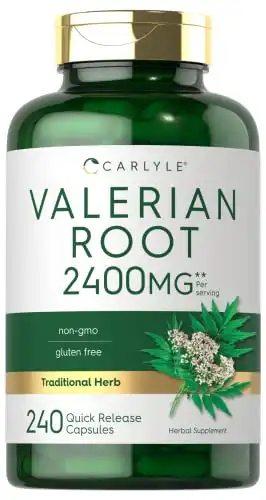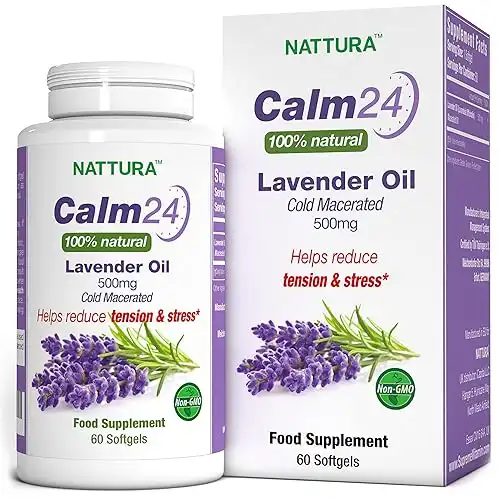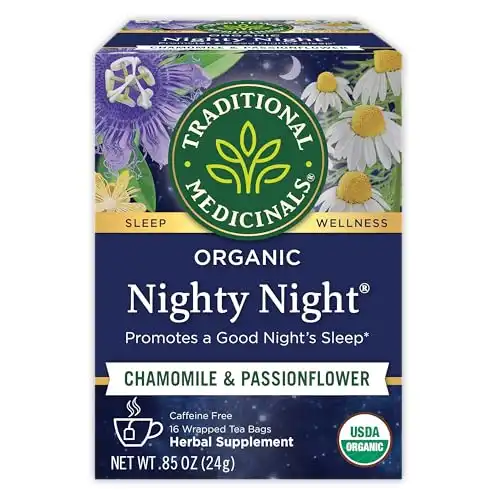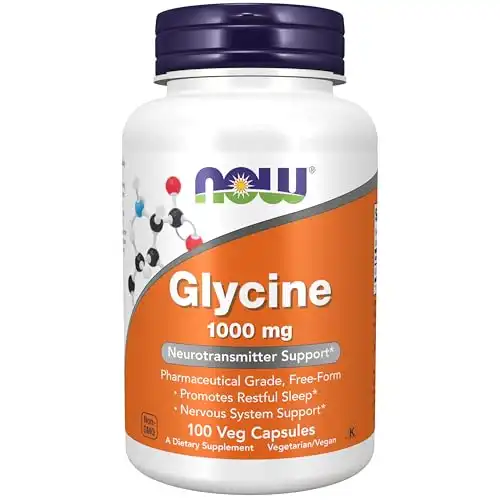Tossing and turning? Clock watching at 3 AM? You’re not alone. Millions struggle with sleep, desperately searching for solutions. While many reach for pharmaceuticals, there’s a growing interest in natural sleep aids. These offer potential relief without the grogginess or dependence of some prescription medications. Let’s explore these natural sleep aids, which may help you reclaim those precious hours of rest and experience more restful sleep.
Table of Contents:
- Exploring Natural Sleep Aids for Better Sleep
- Understanding Natural Sleep Aids
- Melatonin for Sleep Regulation
- Valerian Root: A Calming Herbal Remedy
- Magnesium: The Relaxation Mineral
- Lavender: The Soothing Scent of Sleep
- Passionflower for Enhanced Sleep Quality
- Glycine: Promoting Relaxation
- CBD: Addressing Sleep-Related Anxiety
- Other Potential Natural Sleep Aids
- Navigating Over-the-Counter and Prescription Sleep Aids
- Prioritizing Sleep Hygiene
- Choosing the Right Natural Sleep Aid
- Conclusion

Exploring Natural Sleep Aids for Better Sleep
Quality sleep is vital. It impacts mood, cognitive function, and physical health. But what if sleep evades you? Natural sleep aids may be a viable alternative to pharmaceuticals.
Understanding Natural Sleep Aids
Natural sleep remedies encompass various approaches derived from natural sources. These include herbal supplements, aromatherapy, and lifestyle adjustments.
They are generally considered gentler than pharmaceuticals. They pose fewer risks of side effects or dependency.
While “natural” often implies safety, caution is advised. Some individuals might experience sensitivities or allergies. This post explores different natural sleep aids with proven efficacy.
We’ll discuss how they work, what makes them unique, and potential drawbacks. We will also cover ways to incorporate them safely for better sleep health.
Melatonin for Sleep Regulation
Melatonin, a hormone naturally produced in the body, regulates sleep-wake cycles. Production increases in the evening, promoting drowsiness.
Stress, blue light exposure, and age can disrupt melatonin levels. This disruption can contribute to insomnia. Melatonin supplements aim to restore this balance, improving sleep quality.
They are particularly helpful for jet lag or shift work. Melatonin supplements can also reduce sleep latency. Doses between 3–10 mg before bed are common. Melatonin is not recommended if pregnant or breastfeeding. As always, consult with your physician if you have any health issues or concerns; they would give more effective assistance, suitable based on your requirements and health conditions or medications.
Valerian Root: A Calming Herbal Remedy
Valerian root, traditionally used for anxiety and insomnia, can decrease sleep latency. This herb could become an ally in your journey back to sound nights. Valerian root promotes tranquility, which many believe to provide better sleep.
Results have been subjective. Users note improvements in overall perceived sleep quality. Discuss valerian root with your doctor before adding it to your sleep routine.
This is especially important if you are pregnant, breastfeeding, or have long-term health issues.
Magnesium: The Relaxation Mineral
Magnesium is involved in over 300 bodily functions. This mineral supports brain and muscle function. Magnesium also promotes relaxation, a key component for sound sleep.
In several studies1, magnesium combined with other natural sleep aid ingredients like melatonin to treat insomnia.
This was often related to various health issues. Discuss appropriate magnesium intake with a health professional, as excessive amounts can cause health issues.
Lavender: The Soothing Scent of Sleep
Lavender, known for its beautiful purple flower and amazing fragrance, is more than just an aroma. Inhaling lavender through aromatherapy before bed may improve sleep, even for those with insomnia. Consider trying this scent for better sleep and to improve restfulness throughout the night.
This essential oil is often recommended by aromatherapists and naturopathic physicians. In one study, lavender positively affected the total sleep time in patients with dementia-related sleep issues. There are claims this fragrance is effective in many cases of those experiencing poor sleep quality.
Passionflower for Enhanced Sleep Quality
Passionflower, also known as maypop, has a long history of use as an herbal remedy in numerous cultures.
It’s considered among the most beneficial natural sleep aids. You might find that sleep and sleep efficiency come more easily with passionflower, leading to more restful nights.
Glycine: Promoting Relaxation
Glycine, an amino acid found in foods like bone broth, can promote relaxation.
Research shows2 that glycine supplements may help induce relaxation by reducing core body temperature.
For natural sleep cycle regulation, consider exploring glycine. It may not only improve sleep onset but also enhance alertness upon waking. Consider this supplement to boost sleep quality, helping you feel rejuvenated each morning.
CBD: Addressing Sleep-Related Anxiety
CBD, or cannabidiol, shows promise in addressing sleep-related anxiety.
It can help alleviate anxiety issues that disrupt sleep, solidifying its place among recognized natural sleep aids.
Recent studies3 reveal its strong benefits for those experiencing anxiety affecting sleep cycles and overall sleep quality. It could help those seeking better sleep achieve it naturally.
Other Potential Natural Sleep Aids
Other supplements like tryptophan, ginkgo biloba, and L-theanine show promise. However, research is still ongoing. It’s important to choose high-quality supplements.
Always check supplement quality and purchase from reputable brands.
Consult your doctor before trying new supplements or combining multiple natural sleep aids. This is especially important if you are pregnant, have ongoing medical issues, or take prescription medications. Certain combinations can interfere with medication effectiveness or trigger adverse reactions.
Navigating Over-the-Counter and Prescription Sleep Aids
While natural sleep aids offer a gentler approach, over-the-counter (OTC) and prescription options also exist.
Diphenhydramine and doxylamine succinate, found in allergy medications, induce drowsiness as a side effect. However, they are not primarily designed for sleep.
Their effectiveness as sleep aids lacks strong scientific backing. While occasional use is generally safe, long-term use may pose problems.
Consult your doctor if sleeplessness persists for over two weeks. Look into sleep aids such as diphenhydramine to determine whether they are best suited for you. Always talk to your physician about sleep aids before taking them.
Not all sleep issues are the same. Be thorough and research potential long-term effects of prescribed medications.
Natural sleep remedies are often gentler. A physician can offer personalized advice and alternative solutions.
Prioritizing Sleep Hygiene
Before considering sleep aids, establish good sleep hygiene practices. These habits alone may resolve many common sleep problems and improve sleep quality. Good sleep habits form the foundation for quality rest.
Ensure a dark, cool, and quiet bedroom. Establish a regular sleep schedule.
Disconnect from screens and avoid stimulants before bedtime. Avoiding heavy meals, alcohol, and caffeine before sleep can also help promote restful sleep. Simple adjustments to your daily routine may vastly improve restfulness.
Choosing the Right Natural Sleep Aid
| Supplement | Dosage | Potential Benefits | Considerations/Side Effects |
|---|---|---|---|
| Melatonin | 3-10mg | Reduces sleep onset time, improves sleep quality. | Not for pregnant/breastfeeding individuals. May cause headache, nausea, or dizziness. |
| Valerian Root | 300-600mg | May improve sleep quality and reduce symptoms of sleep disorders. | It soothes and promotes relaxation, potentially enhancing sleep quality and quantity. |
| Magnesium | 225-729 mg (do not exceed 350 mg/day without doctor’s supervision). | Relaxes body and mind, potentially leading to better sleep. May improve sleep onset, sleep time, and sleep efficiency. | High doses may cause diarrhea, nausea, or vomiting. |
| Lavender | Aromatherapy | Soothes and promotes relaxation, potentially enhancing sleep quality and quantity. | Oral ingestion may cause digestive upset. |
| Passionflower | Tea or extract | May enhance sleep quality; effects vary based on consumption method. | Generally safe, but consult your doctor due to limited research. |
| Glycine | 3g before bed | May reduce sleep latency and potentially enhance sleep quality. | Generally safe; consult a medical professional for appropriate dosage. |
| CBD | Varies depending on product | Reduces sleep-related anxiety and may improve sleep onset and duration, with mild to moderate effects on sleep quality. | Limited long-term safety research available; consult a healthcare provider regarding interactions with current medications. Not suitable for pregnant or breastfeeding women. Legality varies. |
Conclusion
Quality sleep shouldn’t be a struggle. Incorporating natural sleep aids into a healthy lifestyle, combined with good sleep hygiene, can significantly improve sleep.
Numerous options are available. Discuss the options with your physician to find what suits your needs best.
If natural sleep aids seem daunting, start by prioritizing healthy sleep habits. These form the foundation for deep, satisfying sleep. Research on natural sleep aids continues to evolve, providing better insights into their effectiveness and safety. These advancements should improve access to and public awareness of these sleep solutions, promoting better sleep for all.
Check out our other articles for the very latest Sleep Under Cover content.

